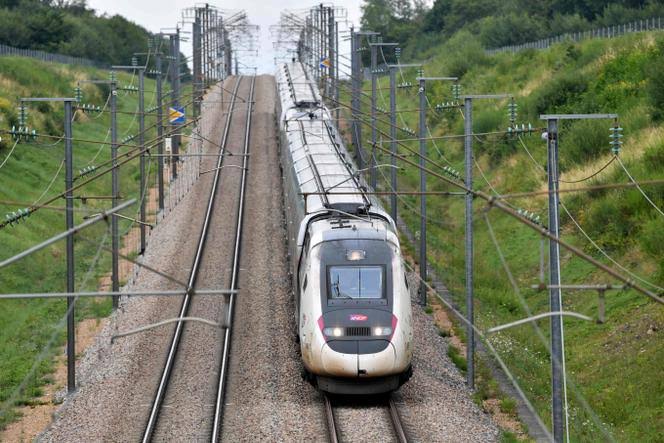
Despite a week-long strike by several unions, France’s national rail company, SNCF, plans to run 90% of its trains, including “nine out of 10” TGV high-speed trains, over the extended holiday weekend from Thursday to Sunday.
SNCF CEO Jean-Pierre Farandou assured that most customers would have their trains, though some might experience delays of an hour or two.
Alain Krakovitch, director of the TGV inter-city service, stated that passengers whose TGV trains are canceled will receive an email and can rebook on another TGV on the same day for the same destination free of charge.
Compensation Measures:
- All TGV InOui and Ouigo tickets are exchangeable and refundable without fees for travel between May 5 and 11.
- Passengers affected by cancellations, even if they change trains, will receive a 50% discount voucher within 30 days, valid for a future TGV trip until August 29, 2025; the same applies to Ouigo trains.
The first day of the strike primarily affected regional trains, especially in northern France, and certain Paris region commuter lines (RER B). SNCF hopes the strike will end quickly to restore regular service for TER and Transilien regional trains. Train and RER commuter traffic in the Paris region is expected to be disrupted on Tuesday similarly to Monday on lines B, C, D, H, N, V, and U.
The strike has led some travelers to cancel their plans, with SNCF reporting fewer sales for the May 8 holiday weekend than usual. Farandou noted increased demand for competitors like fully booked trains, Blablacar (up 20-30%), and car rentals (Ada up 30%).
The CGT-Cheminots and SUD-Rail unions are striking for higher wages and better, more predictable scheduling of working hours. An influential group of controllers joined the strike for the May 8 holiday weekend. Farandou expressed his belief that the French public does not understand why some railway workers are still demanding more money.



